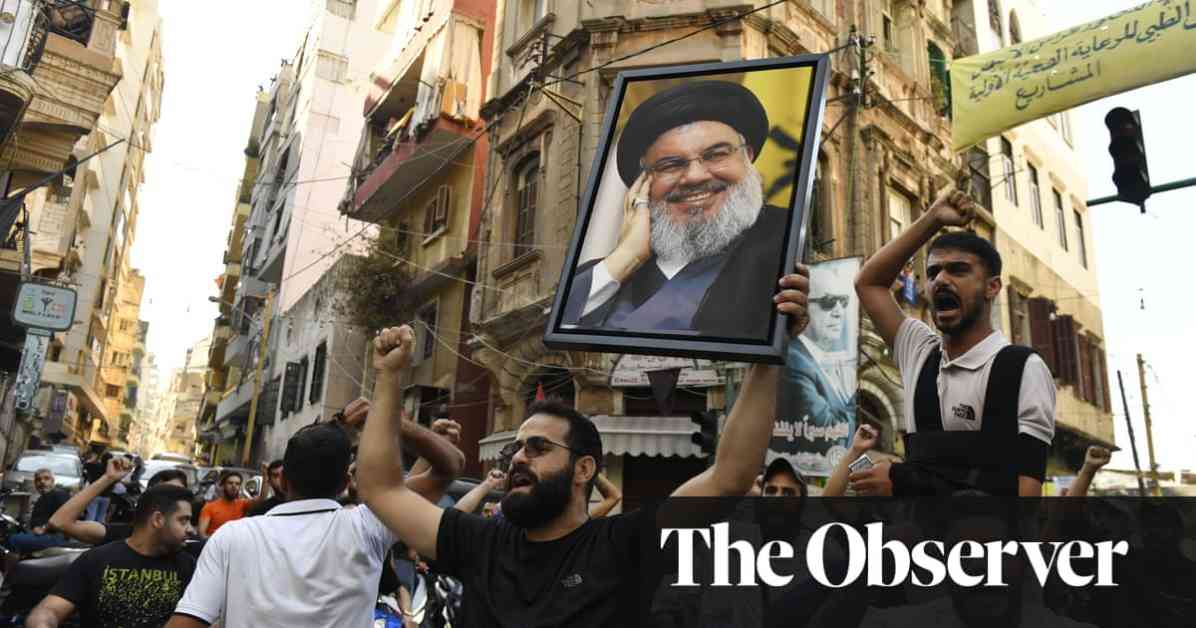Iran Faces Critical Decision After Assassination of Hezbollah Leader
The recent assassination of Hezbollah leader Hassan Nasrallah has sent shockwaves through the Middle East, leaving many wondering what Iran’s response will be. The US Secretary of State, Antony Blinken, has emphasized that the coming days will be crucial in determining the future path of the region.
Tehran finds itself at a crossroads, forced to make a fateful choice that it has long sought to avoid. The killing of Nasrallah has not only dealt a significant blow to Hezbollah but has also put Iran’s credibility on the line. The new reformist leadership in Iran, led by President Masoud Pezeshkian, now faces a difficult decision on how to respond to this provocation.
Options for Iran
Iran’s response to the assassination of Nasrallah will be closely watched by the international community. The country has two main options: condemning Israel for the attack or launching a direct military reprisal. While the former may risk undermining Iran’s credibility, the latter poses significant challenges given Israel’s superior military capabilities.
The decision Iran makes in the coming days could have far-reaching consequences for the region. If Tehran chooses to escalate the conflict, it must be prepared for a potential military confrontation with Israel. This would mark a significant escalation in tensions and could have serious implications for regional stability.
Challenges for the New Iranian Leadership
President Pezeshkian and his administration were already facing challenges in their efforts to improve relations with the West and lift economic sanctions. The assassination of Nasrallah has further complicated their efforts, making it difficult to pursue diplomacy and negotiations.
The recent visit of Iran’s Foreign Minister, Sayeed Abbas Araghchi, to New York for talks on restoring the nuclear deal has now been overshadowed by the events in the Middle East. The assassination of Nasrallah has raised questions about Iran’s ability to engage in constructive dialogue with the international community.
Implications for US-Israel Relations
The assassination of Nasrallah has also exposed the strained relationship between the US and Israel. Despite Washington’s efforts to influence Israeli policies, Prime Minister Benjamin Netanyahu has repeatedly defied US requests and pursued his own agenda in the region.
The US now finds itself in a diplomatic dilemma, unable to control its ally’s actions and facing criticism for its perceived lack of influence over Israeli decision-making. The assassination of Nasrallah has highlighted the challenges of maintaining stability in the region and the limits of US influence in the Middle East.
In conclusion, the assassination of Hezbollah leader Hassan Nasrallah has presented Iran with a critical decision that will shape the future of the region. The response from Tehran will have significant implications for regional stability and international relations. As the situation continues to unfold, the world will be watching closely to see how Iran navigates this challenging and volatile situation.












